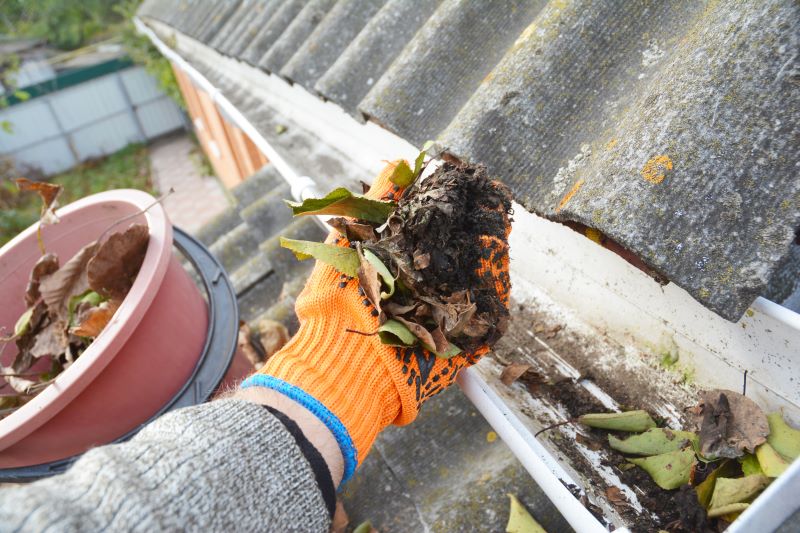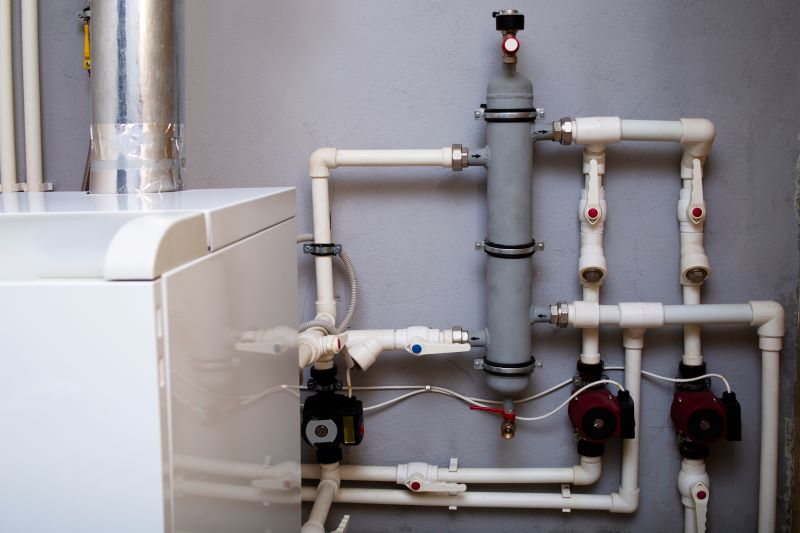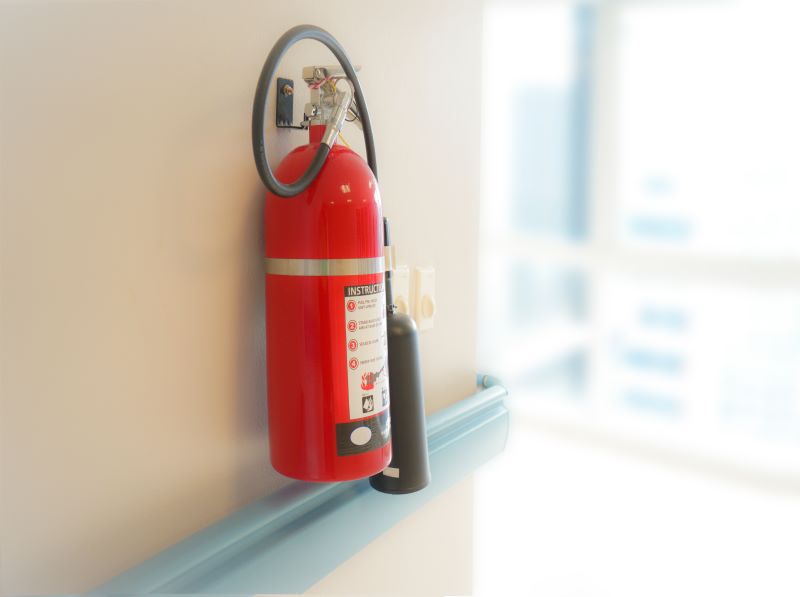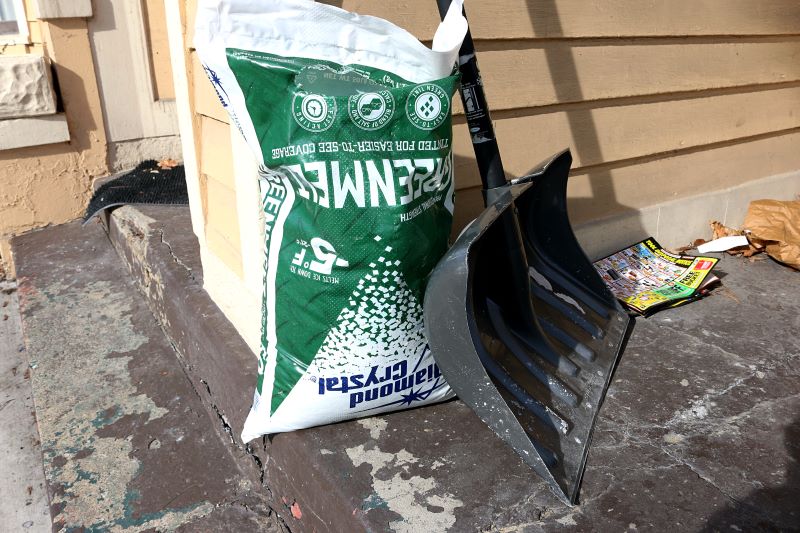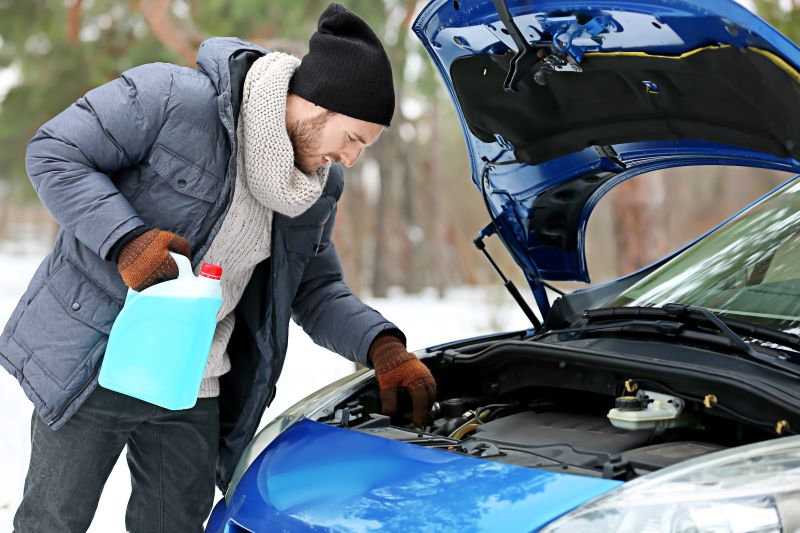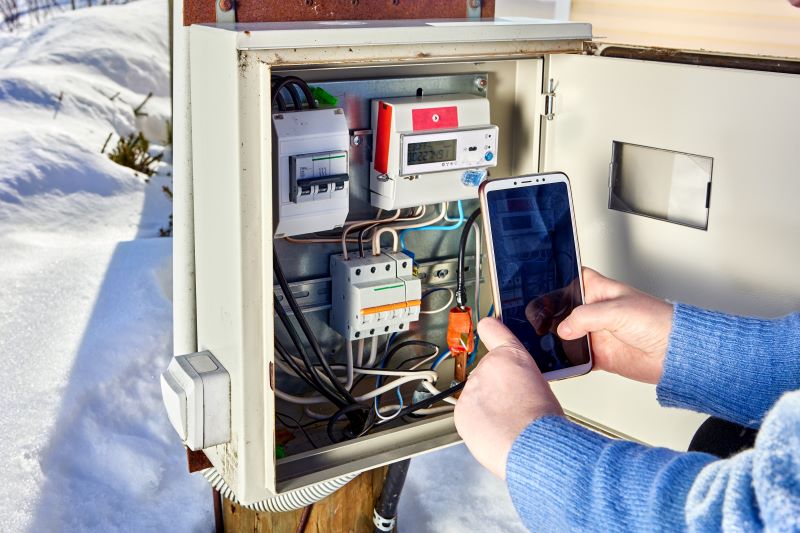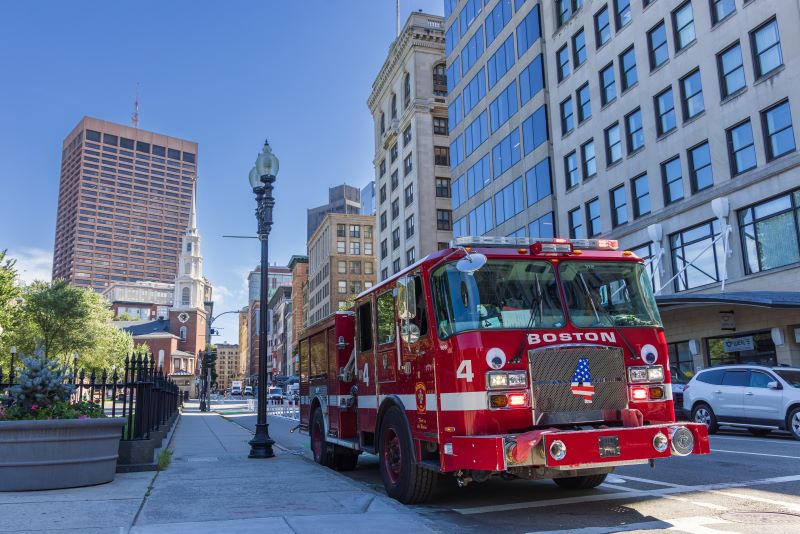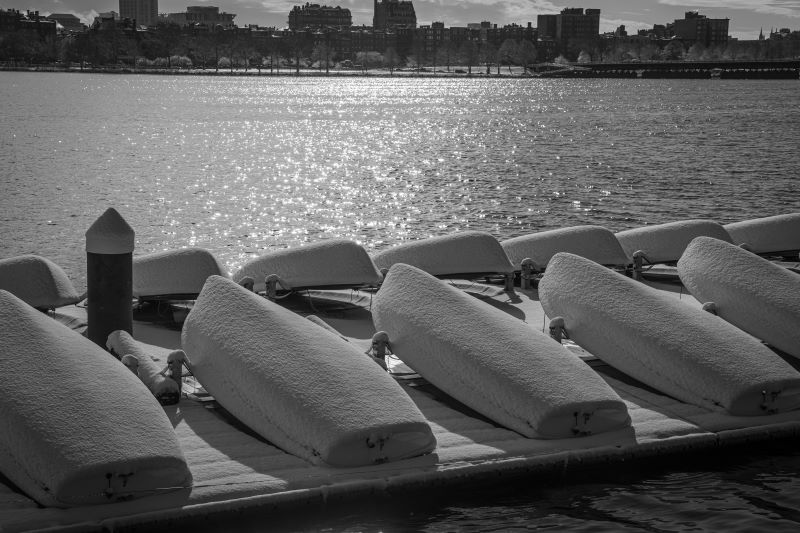
It’s fair to say that Boston has experienced lower-than-normal snow amounts over the past several years. However, we can’t forget 2014 -2015 when we got pounded with ridiculously high levels of snow. The only thing constant about Boston weather is that it is totally inconsistent and constantly changing.
Most landlords hope that we have small amounts of snow each year because it can be very expensive and also cause a lot of property damage. Most renters, on the other hand, haven’t had to learn the financial pitfalls of snow. So, unfortunately, most tenants aren’t thinking about things like frozen pipes and ice dams. That’s why landlords need to proactively winterize their properties before extreme winter weather.
Here are 10 things to do before the first Arctic tundra rolls in.
1. Button up all fall maintenance.
If you haven’t already done so, now is the time to finish all fall maintenance at your Boston-area rental property. Clean the gutters, inspect HVAC systems, close outside faucets, store patio furniture, etc. Look for cracks or where water could gather. You don’t want water to freeze and expand and cause damage such as foundation leaks.
2. Check in with your tenants.
Despite your best efforts to prep for the winter, there may be things you’ve overlooked. Your tenants can provide you with insight into needed repairs and maintenance. For instance, they might know about a drafty window or faucet that acts up during the winter—things you wouldn’t necessarily know without living there. This information will help you prepare for the extreme cold. Ask them early and often – they often know of problems but forget to tell you.
3. Create a landlord-tenant “To-Do” list.
This list will outline the repairs that you’ll make in advance of the next cold bout (e.g. insulating doors and windows, wrapping basement pipes with electric heating cords). It will also outline what you expect from the tenant once the cold actually sets in. This might include turning on the electric heating cord, setting the heat to a minimum temperature, and making sure that vents are not blocked by furniture or other items. It never hurts to remind them that you may call or text them right before bouts of sub-zero weather to leave the faucets dripping and the temperature at the house a bit higher to avoid freezing pipes.
4. Be sure rentals have sufficient heating fuel.
Depending on your lease agreement, you may be responsible for providing tenants with heat and hot water. Be sure oil and propane tanks are filled, gas lines are functioning properly, and stock up on dry, seasoned wood at homes that use a fireplace or wood-burning stove. All fuel-burning equipment should be vented to the outside and kept clear; be sure to clean and sweep chimneys before use and always have a carbon monoxide detector installed.
5. Keep fire extinguishers on hand.
Be sure each unit has a working fire extinguisher. Fires are more common during the winter than any other season, with people turning to wood fires, candles, stoves and space heaters for heat during the extreme cold. The air is especially dry during the winter so fire can spread quickly. Discourage your tenants from buying old used space heaters if they really want to have one.
6. Remind tenants to prepare an emergency kit.
If you only have a few tenants, this is something you might do for them (perhaps as a holiday tenant appreciation gift). The emergency kit should at least include rock salt, snow shovels and a hairdryer that can be used to unfreeze pipes (a blow torch is much more effective—but you probably don’t want to be doling out blow torches to tenants for other liability reasons). If you manage multiple units, it’s usually easiest to send tenants a notice reminding them to prepare their own kit. Suggest they also include kitty litter if they have pets, bottled water, a flashlight and a warm blanket. Nasty winter weather can often lead to power outages, and unless your tenants have a generator to rely on, they should be prepared for extreme cold during those outages.
7. Winterize your vehicle.
Despite your best efforts to prepare your rental properties for frigid winter weather, there’s always a chance that a problem will arise. It’s important to winterize your car in the event you need to make an emergency trip to your rental. Check antifreeze levels, replace fuel and air filters, swap out and install snow tires, and check your oil level and weight. Heavier oils do not lubricate as well during low temperatures and tend to congeal easily.
8. Communicate with tenants again as forecasts predict extreme cold.
It’s one thing to talk with your tenants at the beginning of winter, but let’s face it – sometimes people forget what you’ve said. Again, remember that not all tenants have experience properly maintaining a home during the extreme cold. When the forecast calls for especially cold weather, send tenants a reminder of the steps they can take to prevent property damage (e.g. opening cabinet doors under the sinks, dripping hot and cold water from the faucets to keep water flowing). In smaller multifamily properties, you might even ask residents to shut off hot water heater valves if they plan to be away—this way, if a pipe does burst, it doesn’t cause flood damage. Many landlords are now installing remote temperature monitoring equipment where they can bump up the heat appropriately during periods of extreme cold weather.
9. Check in with your vendors.
If you own or manage several rental properties, this is a good time to check in with your contractors – plumbers, electricians, HVAC, snow removal companies, etc. Make sure contracts are up to date, retainers are paid (if necessary) and prices are negotiated before a storm hits. If you wait until the last minute, you could be struggling to find a vendor to accommodate you – and worse, you’re at the whim of their pricing during a crisis situation.
10. Review your insurance policies.
Be sure your insurance coverage is enough to cover any major structural issues that could be caused by weather damage. For instance, your policy may cover the fair market value of a new roof, but fair market value declines over time through depreciation. Instead, you may want to look at policies that offer replacement cost coverage.
It’s easy to get distracted during the upcoming holidays. But now is as good a time as ever for landlords to prep their properties for the extreme cold. New England weather can be wacky. You never know when the next arctic tundra will roll in. It’s important to prep your rentals now. Following the 10 steps outlined above should put you in a pretty good place for when the worst of the winter weather hits.
Demetrios Salpoglou
Published December 4, 2023
Demetrios has pulled together the largest apartment leasing team in the Greater Boston Area and is responsible for procuring more apartment rentals than anyone in New England – with over 130k people finding their housing through his services. Demetrios is an avid real estate developer, peak performance trainer, educator, guest lecturer and motivational speaker.



